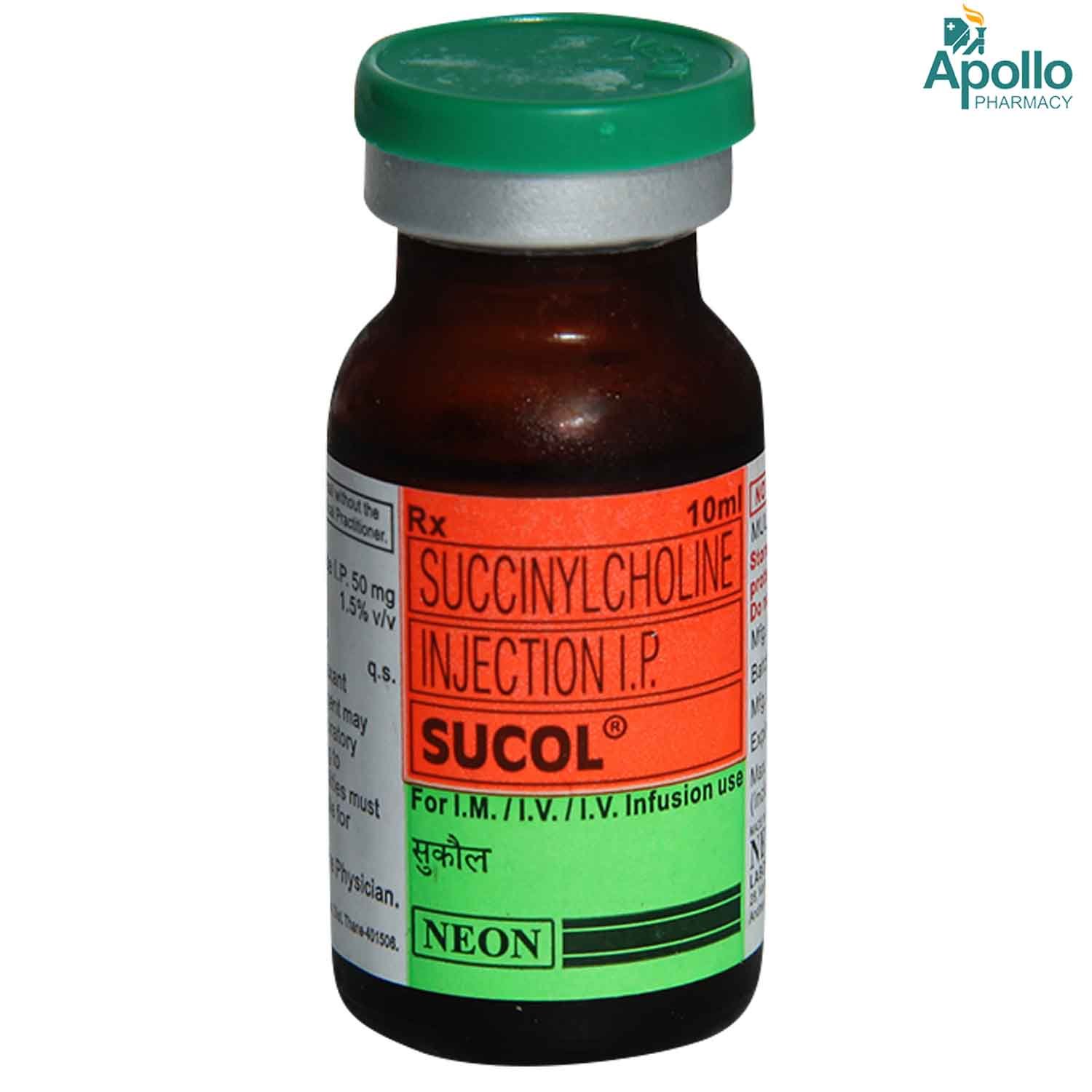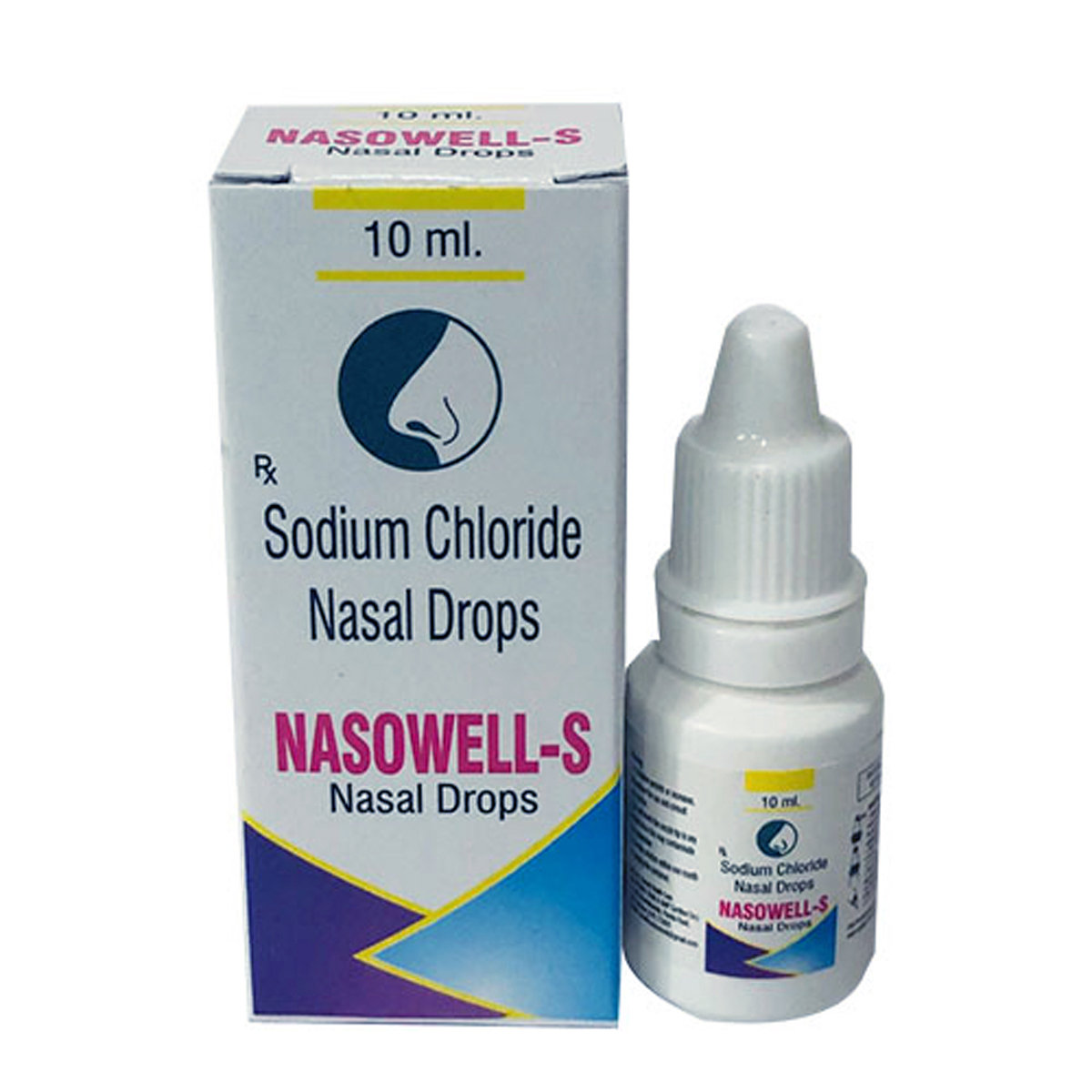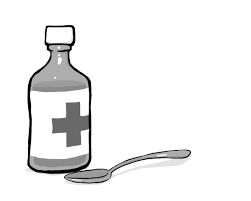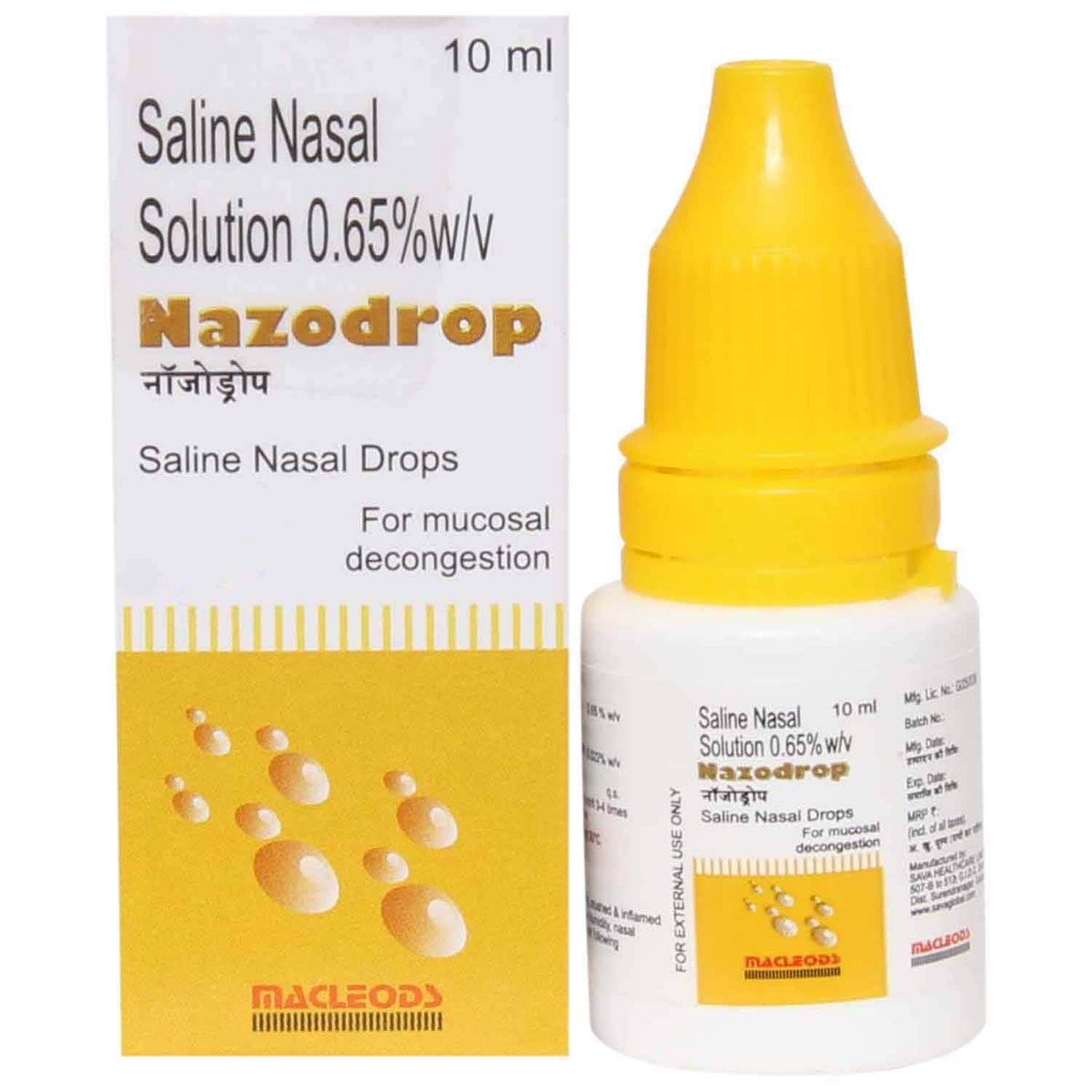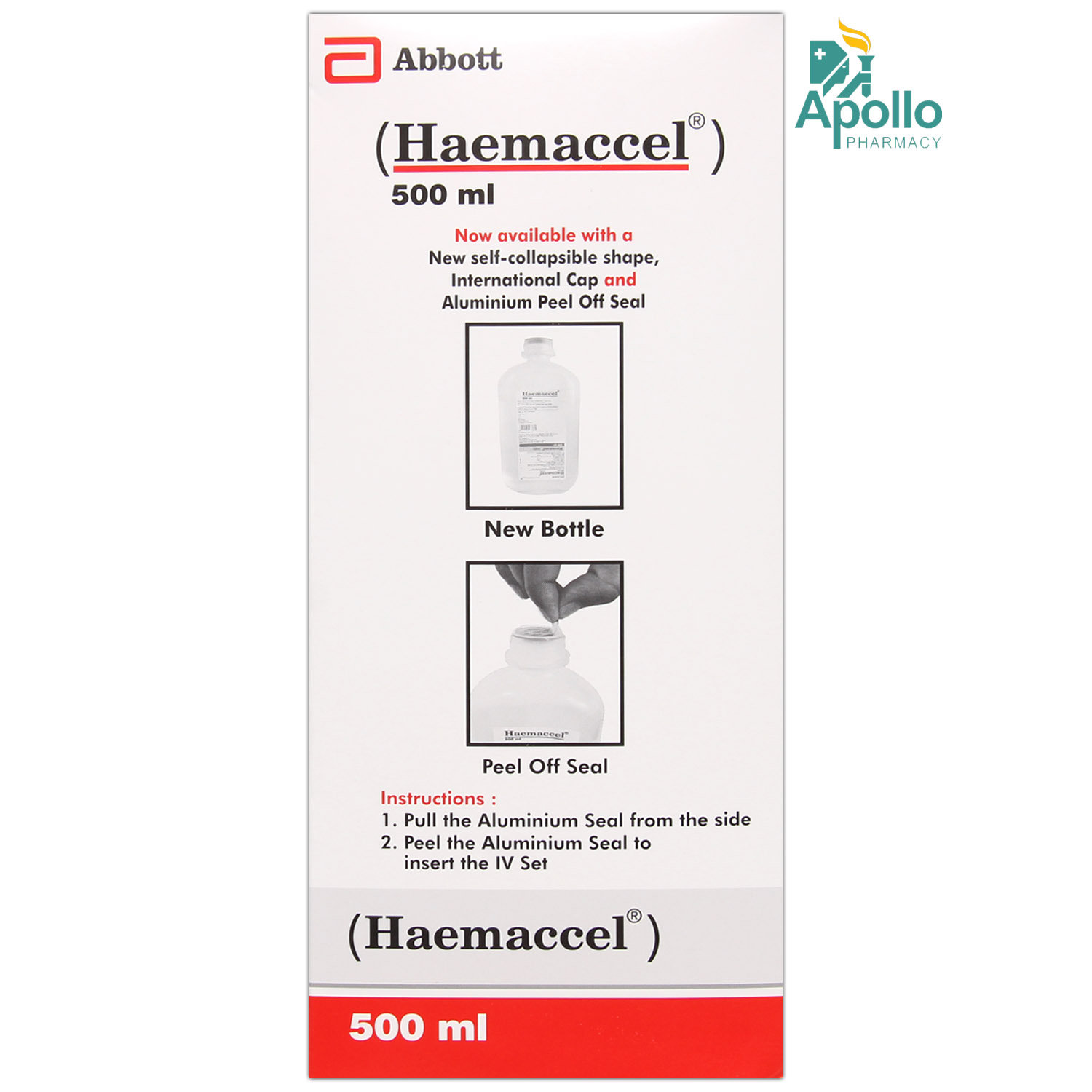Succinylcholine Chloride
About Succinylcholine Chloride
Succinylcholine Chloride belongs to the class of medications called muscle relaxants. It is used in supporting general anaesthesia muscle relaxation during intubation. It also reduces the intensity of muscular contractions associated with pharmacologically or electrically induced convulsions.
Succinylcholine Chloride contains Succinylcholine Chloride. It relaxes the muscles by blocking the impulses from the nerves.
An experienced clinician or a trained healthcare professional will administer Succinylcholine Chloride. Increased intragastric pressure, rash, muscle fasciculation, post-operative muscle pains, myoglobinaemia (acute injury to muscle tissue), transient blood potassium increase, muscle fasciculation (muscle twitch), post-operative muscle pains, intragastric pressure, myoglobinuria (an excess amount of myoglobin in the urine), flushing, bradycardia, tachycardia, increased intraocular pressure, anaphylactic reactions (a severe allergic reaction) are undesirable consequences during your procedure, just like other general anaesthetics, since your anaesthetist will immediately address any issues that emerge during your procedure.
Before taking the Succinylcholine Chloride, let your doctor know about all your medical conditions, sensitivities, and medications you are using. Also, inform your doctor if you are pregnant, planning to become pregnant, or breastfeeding.
Uses of Succinylcholine Chloride
Medicinal Benefits
Succinylcholine Chloride containes Succinylcholine Chloride, which belongs to the class of drugs known as muscle relaxants. Muscle relaxants are used as part of general anaesthesia during an operation. When undergoing surgery, your muscles must be entirely relaxed. This makes surgery easier for the surgeon. If you are under anaesthesia, Succinylcholine Chloride may be used to facilitate the placement of a tube into your trachea (windpipe) for artificial ventilation (mechanical help of breathing). It is also used to reduce the intensity of muscular contractions associated with pharmacologically or electrically induced convulsions.
Directions for Use
Storage
Side Effects of Succinylcholine Chloride
- Increased intragastric pressure
- Rash
- Muscle fasciculation
- Post-operative muscle pains
- Myoglobinaemia (acute injury to muscle tissue)
- Transient blood potassium increase
- Muscle fasciculation (muscle twitch)
- Post-operative muscle pains
- Intragastric pressure
- Myoglobinuria (an excess amount of myoglobin in the urine)
- Flushing
- Bradycardia
- Tachycardia
- Increased intraocular pressure
- Anaphylactic reactions (a severe allergic reaction)
Drug Warnings
Succinylcholine Chloride should be used with caution in patients who are allergic to muscle relaxants, have had allergies, cardiovascular disease, asthma, pulmonary impairment, burns, hyperkalemia, malignant hyperthermia, skeletal muscle myopathies, and upper motor neuron injury. So, before taking the Succinylcholine Chloride, inform your doctor about all of your medical issues, sensitivities, and drugs you are using. Also, let your doctor know if you are pregnant or breastfeeding. Although, the heart muscle is not directly affected by succinylcholine. However, vagal stimulation during surgery or elevated potassium in the blood, particularly in pediatric patients, can also cause changes in heart rate, including cardiac arrest, as Succinylcholine Chloride stimulates both autonomic ganglia and muscarinic receptors. Additionally, intraocular pressure rises right after Succinylcholine Chloride.
Drug Interactions
Drug-Drug Interactions: Succinylcholine Chloride may interact with antibiotics (e.g. gentamicin, colistimethate, neomycin, streptomycin) and certain medicines used to treat multiple sclerosis (e.g. siponimod)
Drug-Food Interactions: No major interactions were found or established.
Drug-Disease Interactions: Succinylcholine Chloride contraindicated to use in a population with a history of cardiovascular disease, asthma, pulmonary impair, burns, hyperkalemia, malignant hyperthermia, skeletal muscle myopathies, and upper motor neuron injury.
Drug-Drug Interactions Checker List:
Safety Advice

Alcohol
unsafeConsumption of alcohol is not recommended.

Pregnancy
cautionSuccinylcholine Chloride should be used in pregnant women only if clinically needed, and the benefits outweigh the risks. So, inform your doctor before receiving the Succinylcholine Chloride if you are pregnant or planning for pregnancy. Your doctor will prescribe only if the benefits outweigh the risks.

Breast Feeding
cautionIt is not known whether Succinylcholine Chloride passes into breastmilk. Avoid breastfeeding for a certain period after receiving Succinylcholine Chloride as per the doctor's instructions.

Driving
unsafePatients should not drive or operate heavy machinery for a certain period of time. When Succinylcholine Chloride is administered as part of a general anaesthetic, you may feel tired, weak, or dizzy for a short period of time. Your anesthesiologist can tell you how long the effects will remain.

Liver
cautionCaution should be exercised while using Succinylcholine Chloride in patients with liver impairment. So, inform your doctor before receiving the Succinylcholine Chloride if you have a liver impairment/disorder history. Your doctor will prescribe only if the benefits outweigh the risks.

Kidney
cautionCaution should be exercised while using Succinylcholine Chloride in patients with Kidney impairment. So, inform your doctor before receiving the Succinylcholine Chloride if you have a Kidney impairment/disorder history. Your doctor will prescribe only if the benefits outweigh the risks.

Children
cautionPlease consult your doctor. Your child's doctor will prescribe this medicine if the benefits outweigh the risks.
Habit Forming
Patients Concern
Disease/Condition Glossary
General anaesthesia: General anaesthesia is a controlled condition of unconsciousness. During general anaesthesia, medications are used to put you to sleep so that you are unaware of the procedure and do not move or experience discomfort. A general anaesthetic is used for surgical operations if it is safer or more pleasant for you to be asleep.
Muscle relaxant: A muscle relaxant is a medication that affects skeletal muscle function and tone. It can help with symptoms like muscle spasms, discomfort, and hyperreflexia. It can also be utilized in Intensive Care Units to relax muscles for certain medical procedures.
FAQs
Succinylcholine Chloride contains Succinylcholine Chloride. It relaxes the muscles by blocking the impulses from the nerves. Thus, it is easy to aid surgical procedures and ventilation of the lungs in elective and critical situations.
Succinylcholine Chloride may affect your heart rate. Fluctuations of the heart rate are common. Your anaesthetist will quickly deal with any problems that arise during your operation.
You should not receive Succinylcholine Chloride if you are allergic to Succinylcholine Chloride or any of the other ingredients of this medicine.

